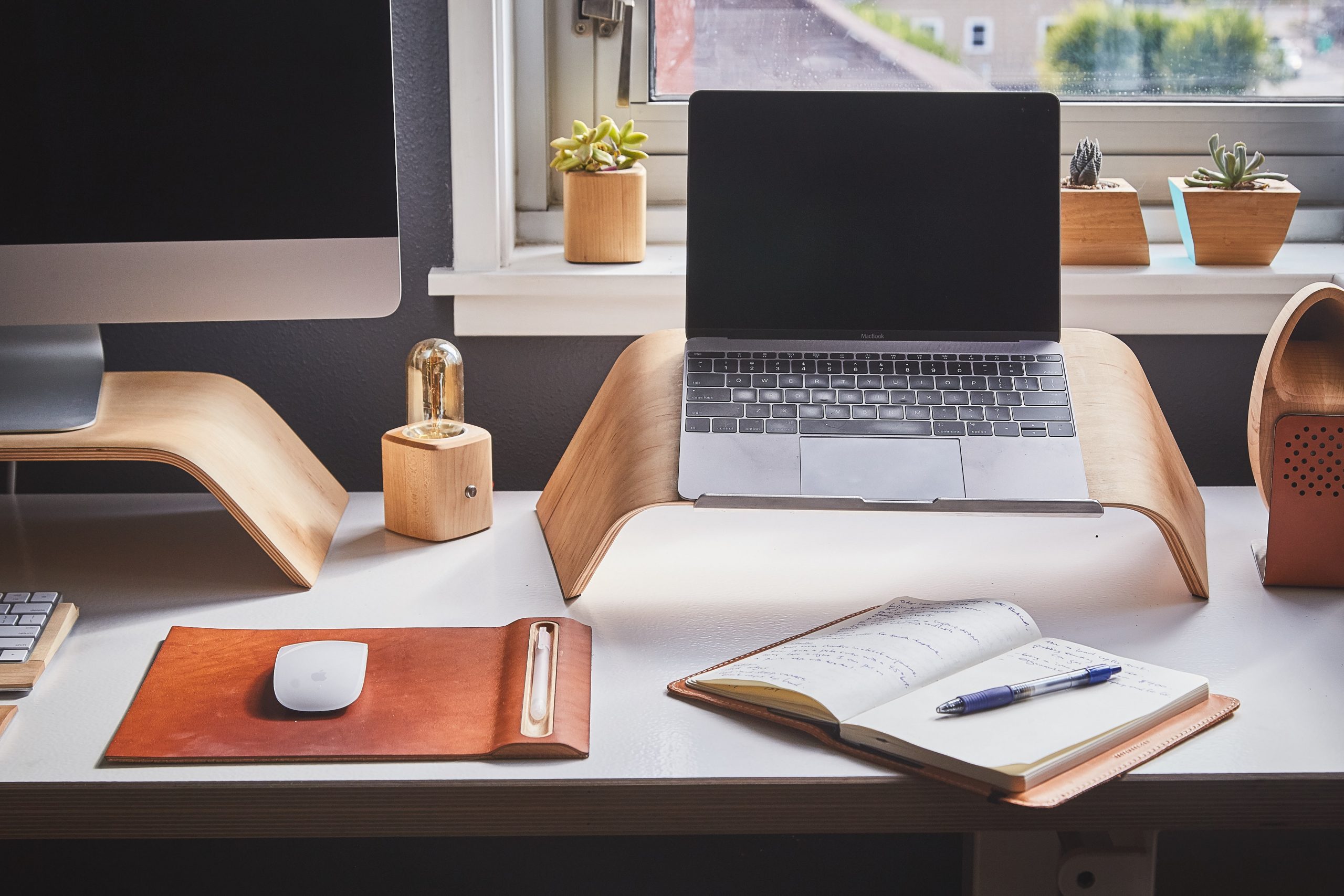Save Power While Working From Home

Many of us have become home bodies as a result of CVOID-19. Because of this, we have a bit more time to sleep in and now work in our PJs. Our home offices are set up and our daily commute is a thing of the past. Now, whilst we may be saving money on fuel and catching up on some sleep, our home expenses will increase. Water, phone, gas and Most noticeably, our power bill. Fortunately, there are still ways to save power while working from home.
The amount that bills are going to increase will vary from household to household. Type of work, number of people at home, habits. They all play a role. However, one thing is for certain. Your bills will increase.
There are however, ways to offset this. We’ve come up with some things you can do to save power while working from home.
Take advantage of the natural light
Especially when you’re working during the day. Open all the blinds and let the sun light in. Make sure all lights are off and if possible, move your office to a light filled part of the house. You may even be able to work outside and enjoy some of those sunny days. Natural light is known to boost productivity and your mood, so take advantage while you can.
Reduce Air Conditioner and Heat Pump use
Depending on where you are and what time of the year it is, you may be running a heat pump or air conditioner. The heat can often become overwhelming, especially here in Australia. Instead of running the air conditioner, try sitting by the window or running a fan. If you the AC is really needed, set a timer so it only runs a few hours of the day.
Alternatively, it may be winter and you are wanting to heat up. Instead of running the heat pump, wrap up in more layers; socks and thermals are ideal. Let as much natural sunlight in as you can during the day and keep the doors shut in the house. Using a heated blanket can be a great way to keep warm and make sure to choose the warmest part of the house to set your office up.
Air conditioners and Heat pumps are usually the main culprits when it comes to increased power bills. Avoid use as much as possible to help save power while you’re working at home.
Cut down screen time
Most computers are equipped with hibernate or sleep mode. Check your settings and make sure these are turned on. This will ensure your computer automatically saves power when you leave your desk. Laptops are generally more energy efficient than desktop computers. If it’s possible, use a laptop and remember to turn it off when done for the day.
Work smarter. Yes, it’s easier said than done but try to fit more work into less hours of the day. Increase your work productivity by banning yourself from social media and scrolling the web.
Check your Tax claims
You’re working from home. Work related costs will increase. In most cases you will be able to claim these costs back at tax time. No doubt the ATO is bracing itself for the looming surge in work related claims. Do some research into what you will be able to claim back. savings.com.au have produced a helpful article on the subject. Also, It wouldn’t hurt to keep a record of extra costs incurred. That way, when tax time does come, you will have a streamlined process.
Install Solar and Solar Battery systems
Last but not least, Solar Power. Yes this may seem to be from a bias standpoint. However, it is the truth. Depending on the size of your system, having solar in many cases will mean using no grid power at all during the day. At the time of writing this, installations are still going ahead, in fact demand seems to have increased. Domain have produced a good article on the subject.
The current COVID-19 situation has caused people to want to become more independent. Battery storage systems are the answer to this. With the sudden increase in demand there are more subsidies and incentives being introduced, reducing the cost. Check out our What is a solar battery article for more information on battery systems.
Maybe you already have a solar system installed. If this is the case, there are many ways of maximising your solar return which are worth doing!
Having a solar system in your home is the most effective way of reducing power costs. The need for renewable energy is only going to increase as a result of what we are currently living through.
If you are interested in finding out more about going solar or battery installations, click the button below and one of our specialists will get in touch with you.
